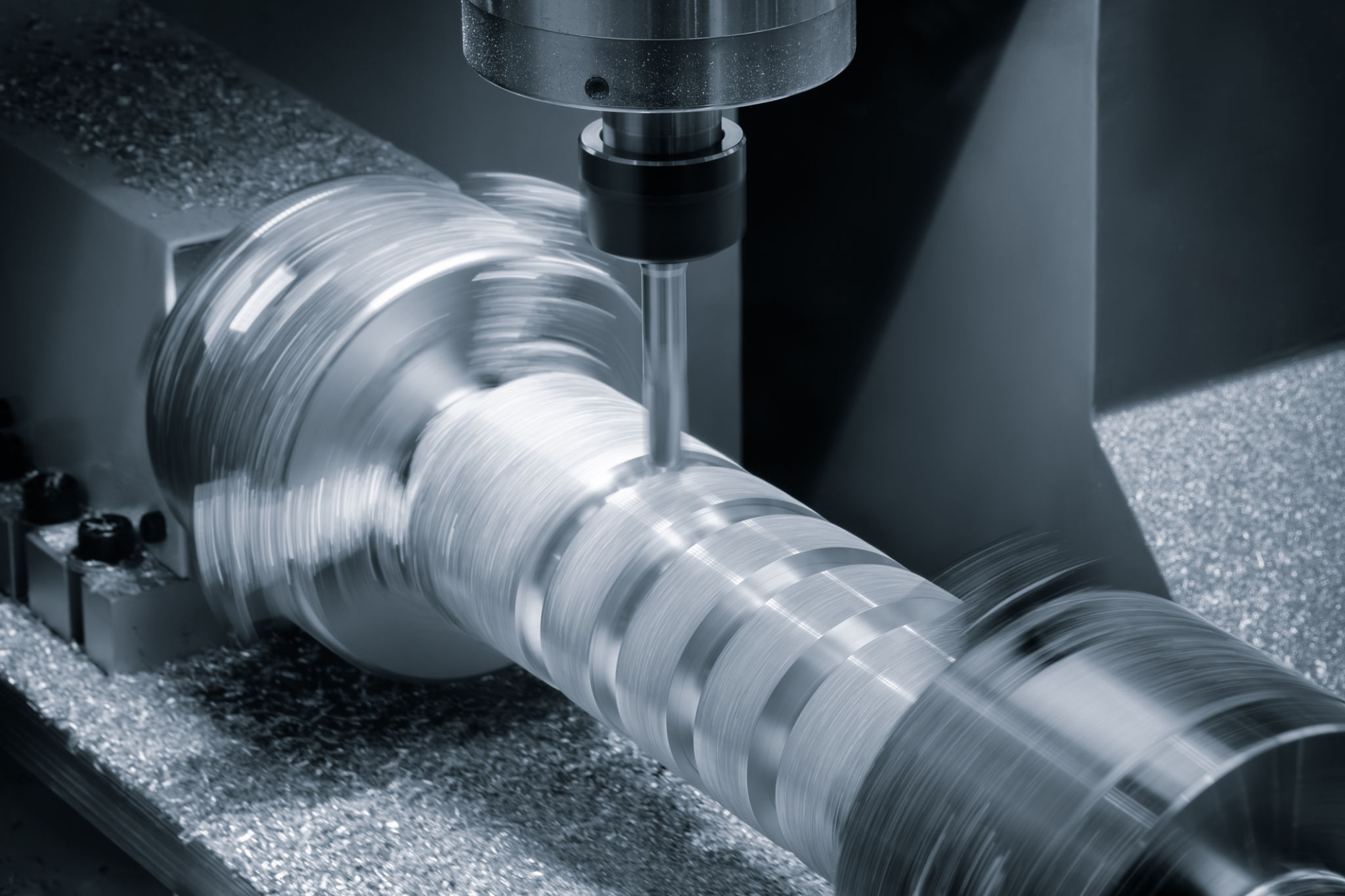The Role of Precision Machining in Modern Manufacturing
Understanding Precision Machining
Precision machining is a crucial component of modern manufacturing, responsible for creating parts and products with high accuracy and tight tolerances. These processes ensure that each piece fits perfectly within complex assemblies, which is essential for the functionality and reliability of various products, from aerospace components to medical devices. The importance of precision machining cannot be overstated as it lays the foundation for innovation and quality in manufacturing.

The Evolution of Precision Machining
Historically, precision machining has evolved from manual processes to sophisticated, computer-controlled techniques. The introduction of Computer Numerical Control (CNC) systems revolutionized the industry, allowing for more precise and efficient production. These advancements have enabled manufacturers to meet the ever-growing demand for complex and intricate parts, enhancing productivity while reducing costs.
Impact of Technology
Technological innovations have significantly impacted precision machining. Innovations such as automation, advanced software, and state-of-the-art machinery have increased the capabilities and applications of precision machining. This evolution has allowed manufacturers to leverage precision machining for prototyping, production, and even custom manufacturing, expanding the scope of what can be achieved.

The Benefits of Precision Machining
Precision machining offers numerous advantages that contribute to its widespread adoption in modern manufacturing. Some key benefits include:
- Enhanced accuracy: Precision machining ensures parts are produced with tight tolerances, reducing errors and ensuring quality.
- Consistency: The use of automated systems leads to consistent output, minimizing variability and improving product reliability.
- Efficiency: Advanced machinery and processes streamline production, reducing lead times and increasing throughput.
Applications Across Industries
The applications of precision machining span across various industries. In the automotive sector, it is used to produce engine components and other critical parts. The aerospace industry relies on precision machining for creating parts that meet stringent safety and performance standards. Additionally, the medical field benefits from precision machining by enabling the production of surgical instruments and implants.

The Future of Precision Machining
The future of precision machining is bright, with continuous advancements in technology driving further improvements. As manufacturers adopt smart technologies and Industry 4.0 principles, precision machining will become more integrated with digital solutions, enhancing connectivity and data-driven decision-making. These developments promise to take precision machining to new heights, enabling even more sophisticated manufacturing capabilities.
Challenges and Opportunities
While precision machining continues to evolve, it faces challenges such as the need for skilled labor and the integration of new technologies. However, these challenges also present opportunities for growth and innovation. By investing in workforce development and embracing technological advancements, manufacturers can harness the full potential of precision machining.
In conclusion, the role of precision machining in modern manufacturing is pivotal. It not only enhances product quality and efficiency but also drives technological progress across industries. As we move forward, precision machining will continue to be a cornerstone of manufacturing excellence.
